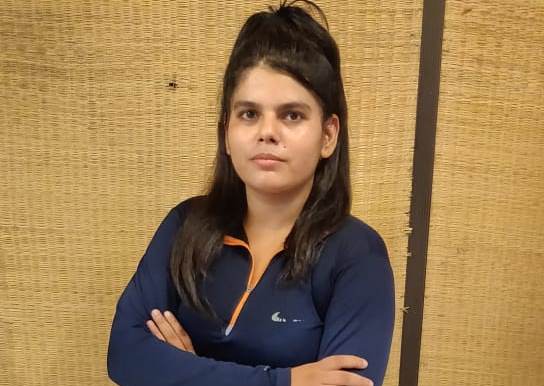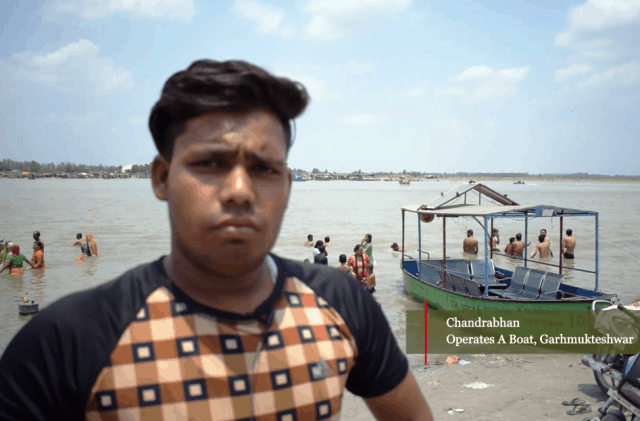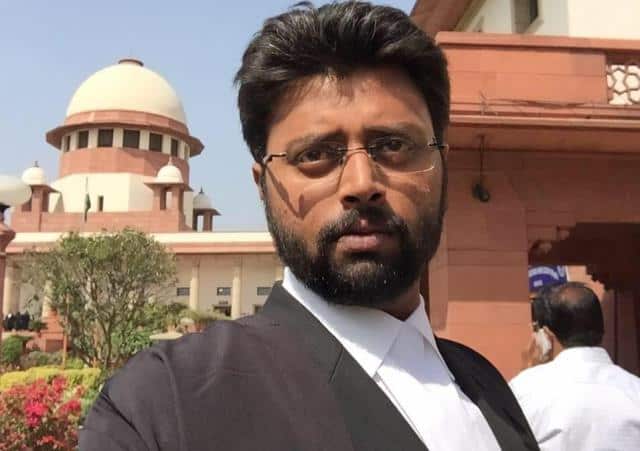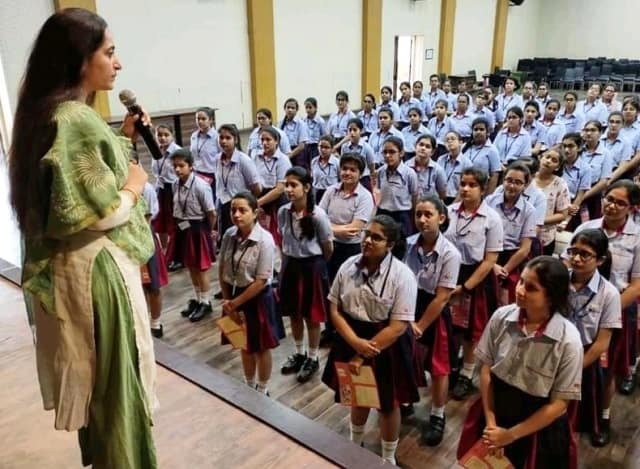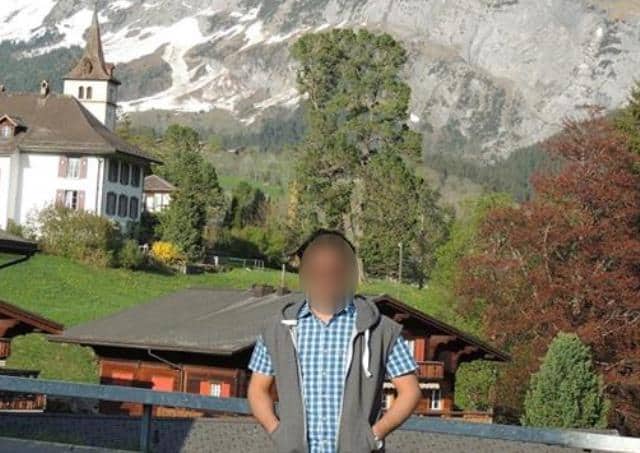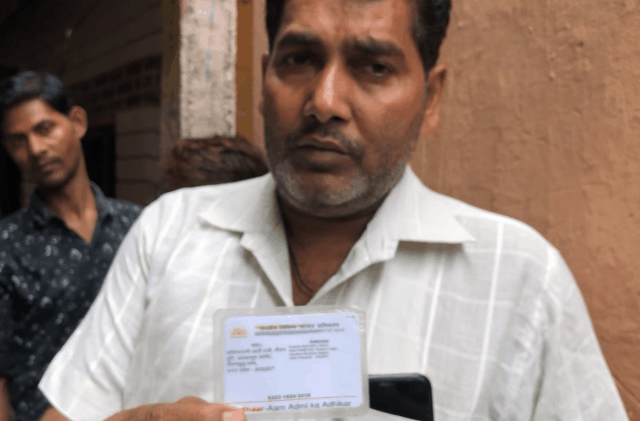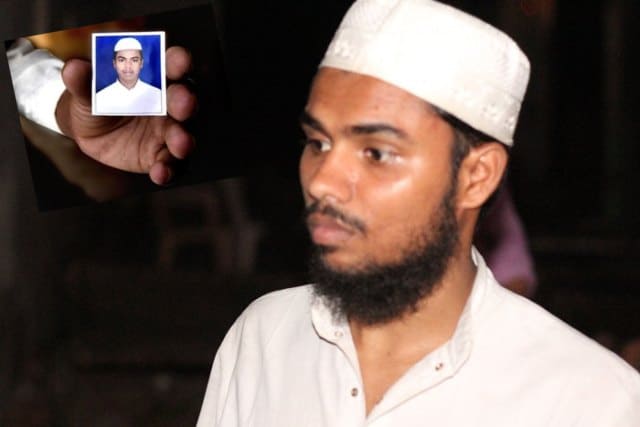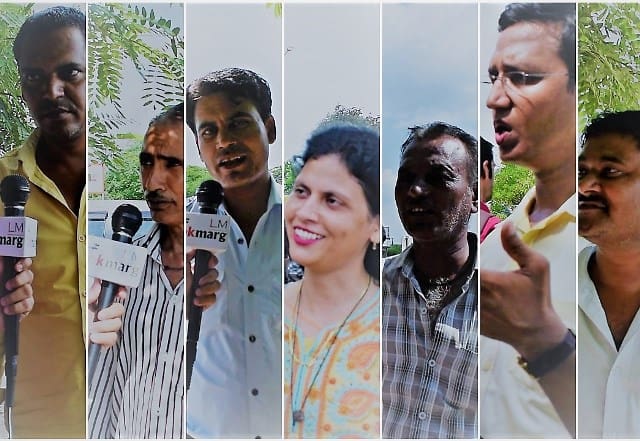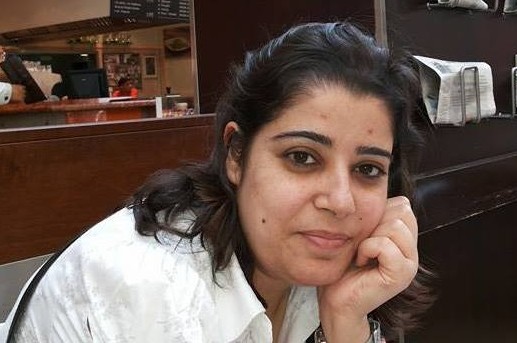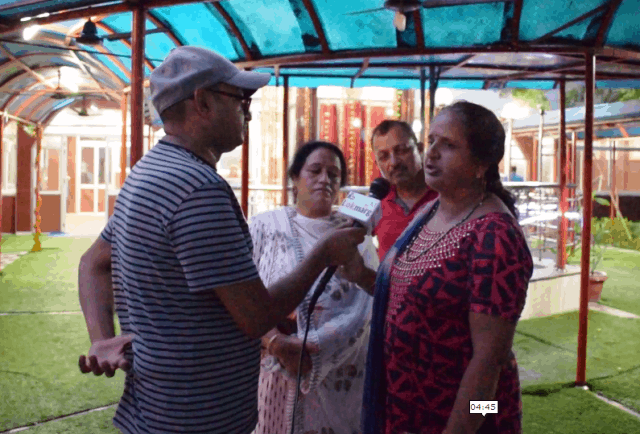A Black Belt in Korean martial art Taekwondo, Anjil Dixit Sharma is one of the first women to get a certification in self-defence course under the Skill India initiative. Sharma feels confident of securing herself a gainful employment.
I am a black belt in Taekwondo, a martial arts form that originated in Korea. I have participated in many national level competitions and earned gold medals as well. I have spent years practising the technique and these skills were the most obvious choice of career for me. However, opportunities are hard to come by. So when my mentor told me about a certified instructor course programme in self-defence under Skill India initiative in Noida, I grabbed the opportunity and went to the office of Strike Self-Defence to check out what was happening.
A government certification for instructors is like golden recommendation in one’s resume. I immediately enrolled for the course and successfully completed it in six days. Usually, a Karate or Taekwondo teacher is hired by the schools as a self-defence instructor and this certification course has increased my chances of getting a good job.
I learned real life situations under the training, which changed the perspective of self-defence for me. Taekwondo laid a foundation of self-defence instructor in my life and this training has catapulted it further.
Unlike the oriental traditional martial arts, this self-defence programme in based on real life situations, real life threats, which include weapons, such as, knives, pistols, sticks and others. I was amazed to see how the level of training has changed. The programme is inspired by Israeli technique of Krav Maga and the first batch of instructors were trained with dummy knives, guns and sticks.
Now I can confidently thwart any attack by knife, stick or firearm. The training is very scientific. The instructors told us practical solutions, like not to engage with a person, who has a gun. The first option is to flee.
The regime is wonderful in terms of women’s safety, which is the need of the hour. After the course, I have become more confident and can now train people with a more scientific approach. This programme doesn’t require any costumes, demos for breaking ice and bricks, or bending iron rods, which are some of the many demonstrations common in oriental martial arts. These demos can cause injury. The training is focused on maximum utilization of force with minimal effort. One needs to train there to understand how the field of self-defence is being revolutionised.
I come from a middle class family so a sound source of income is important to us. I am confident that my future is secure after enrolling for this course. With this experience, I can be a helping pillar not only for my family but for the women of the country, who are in desperate need of a self-defence training like this.
